The great concern of Geoffrey Hinton, a British-Canadian computer scientist sometimes called one of the “godfathers of AI,” was immense with the breakneck development in artificial intelligence described as “a potentially very dangerous technology.” He added, “This demands much caution and thoughtful regulation so it can be used responsibly.
Professor Hinton, this year’s Nobel Prize laureate in Physics, said the development of AI had outperformed his expectations by a great margin. “The pace of change is much faster than I anticipated,” he said a while ago, admitting that he does not have enough time to conduct all the needed research into AI safety.
While Hinton’s pioneering work laid the foundation for machine learning—enabling computers to mimic human intelligence—his recent focus has shifted toward advocating for safer AI practices. Reflecting on the current state of AI development, he explained, “Most experts believe that within the next 20 years, we’ll create AIs smarter than humans.
“That’s a very scary thought.”
Computer scientist and ‘Godfather of AI’ @geoffreyhinton tells #R4Today guest editor Sir Sajid Javid AI could lead to human extinction within two decades and governments need ‘to force the big companies’ to do a lot of research on safety.
— BBC Radio 4 Today (@BBCr4today) December 27, 2024
To illustrate the potential disparity between AI and human intelligence, Hinton offered a vivid analogy: “Imagine a three-year-old trying to reason with an adult. We’ll be the three-year-olds, and AI will be the grown-ups.”
The Call for Regulation
Hinton added that regulation was urgently needed to prevent misuse of AI, and how the present political systems were not equipped to deal with the emerging challenges thrown up by the rapidly evolving technology.
“We need rules to stop people from using AI for harmful purposes, but those systems don’t seem to be in place right now,” he said.
Hinton has been in the headlines last year when he quit Google, citing “bad actors” misusing AI to harm people. Ever since, he’s been advocating on ethical ways of AI development.
Societal Impact of AI
Drawing an analogy to industrial revolution, drawing a comparative picture on how AI is going to bring a paradigm shift to industries and ultimately displace jobs. “In the industrial revolution, machines replaced human strength. Now, the machines are replacing human intelligence.”.
This, he said, would further increase inequalities in society. “If AI leads to massive job losses and the benefits accrue only to the rich, it will be disastrous for society. A large gap between rich and poor is never good.”
A Peek into the Future
Asked to speculate on what the world may be like in 10 or 20 years, Hinton tempered any forecasts on how political systems will respond to AI. “AI will bring amazing benefits, particularly in healthcare and across industries in terms of efficiency,” he said. “But we must be extremely careful in its development.
What really unsettles Hinton, though, is that when AI does get smarter than human intelligence, it might overpower humans. “The industrial revolution didn’t see machines taking over because we had the intelligence. Now we’re in a position where machines could be smarter than us. That’s the fundamental difference-and a major threat,” he concluded.
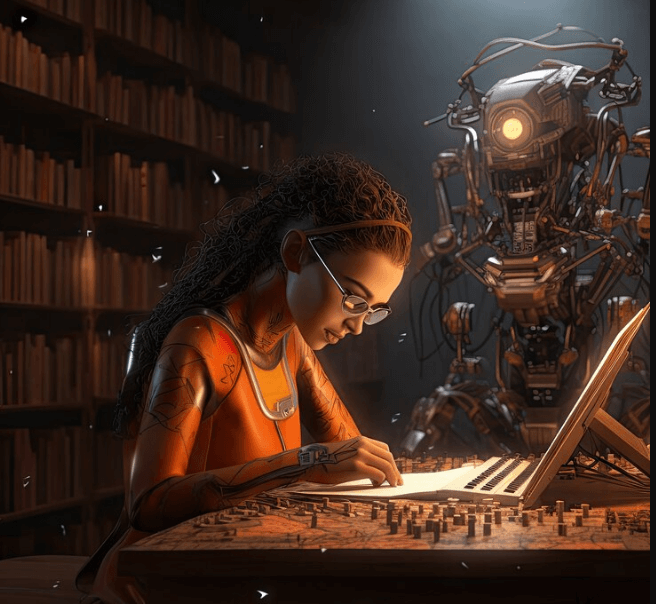
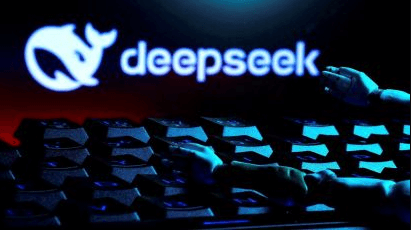


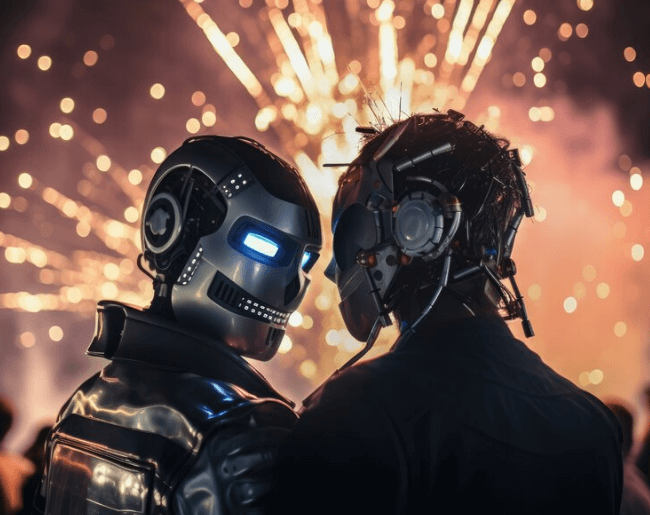
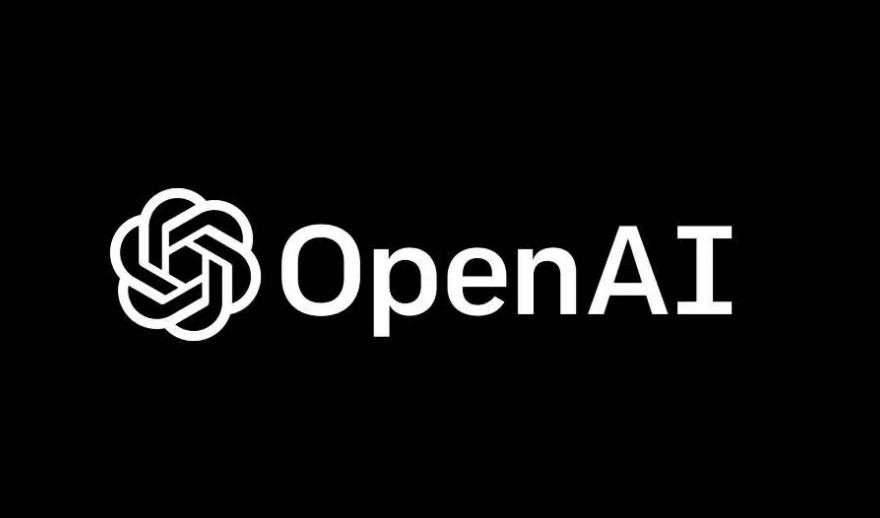
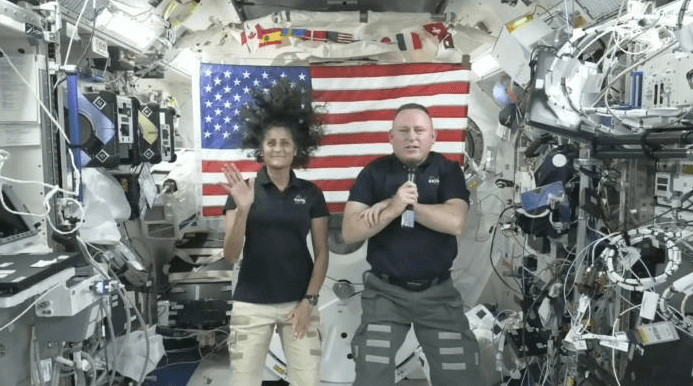
Leave a Reply